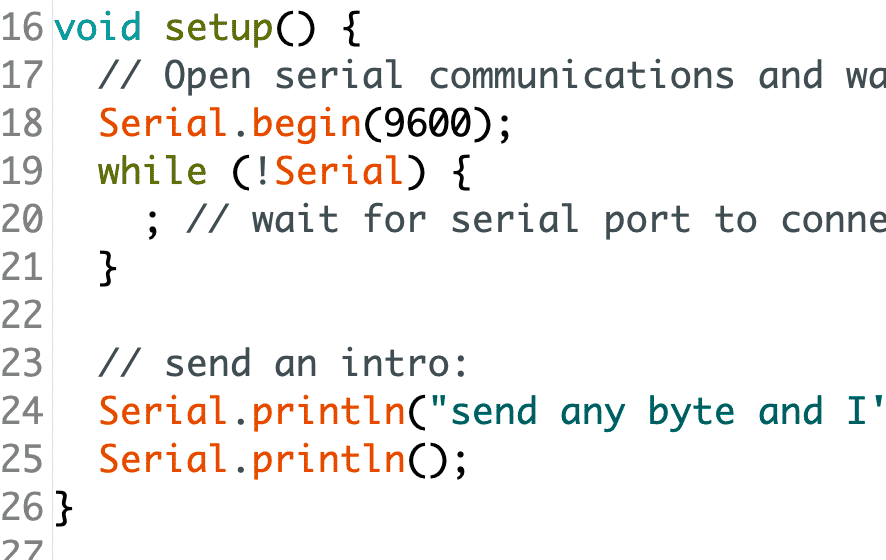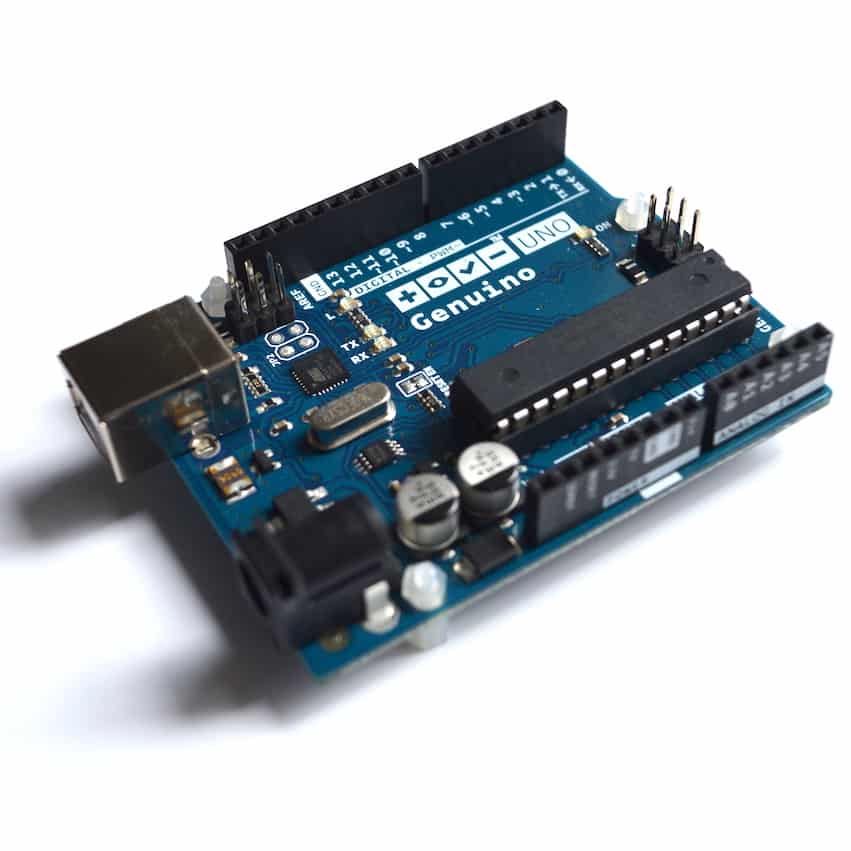Arduino programming guide series
Focus on the type parameter in "println()"
We use the println() function to print a string to the serial monitor. The same function is overloaded with a second parameter that allows us to designate the type of data we want to display.

Last Updated 2 years ago.
We publish fresh content each week. Read how-to's on Arduino, ESP32, KiCad, Node-RED, drones and more. Listen to interviews. Learn about new tech with our comprehensive reviews. Get discount offers for our courses and books. Interact with our community. One email per week, no spam; unsubscribe at any time

